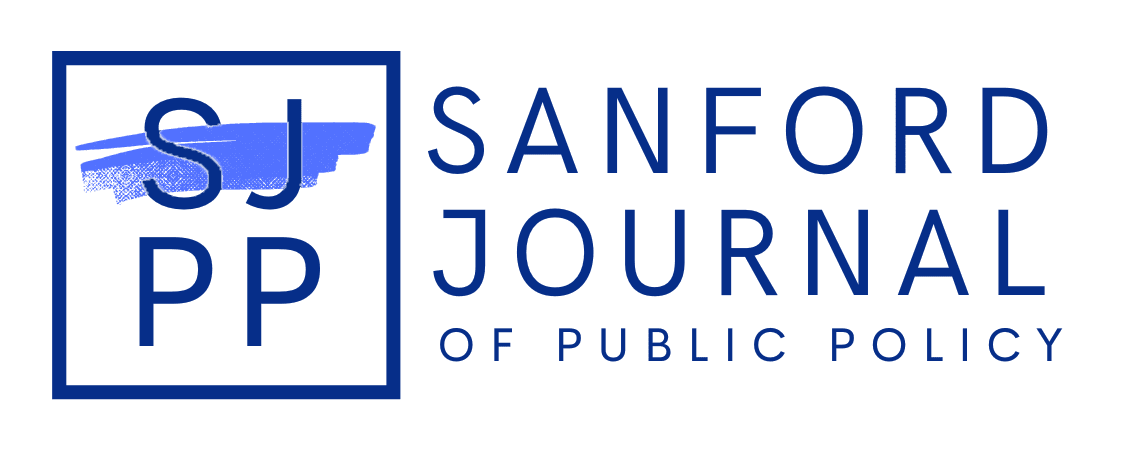A recent commentary in Nature by Robert H. Lustig, Laura A. Schmidt, and Claire D. Brindis has fueled controversy by contending that sugar should be regulated like alcohol and tobacco. They argue that sugar meets the same criteria that justify the regulation of alcohol: unavoidability or pervasiveness, toxicity (discussed more in-depth here), potential for abuse, and negative impact on society. Further, they claim that the most effective interventions are not those that attempt to reduce demand, but instead those that curb availability, including taxation, distribution controls, and age limits.
Although the authors acknowledge that fighting for sugar regulations will be an uphill battle, they may be underestimating the true extent of the opposition in the current political climate. Not only will there be a negative reaction from the sugar industry–which receives government subsidies and has a strong presence in Washington–but it is also likely that any proposed regulations will face opposition from other food companies who use sugar extensively in their products. Add in the resistance from citizens who think regulating sugar ventures too far into paternalism territory, and the future of Lustig’s proposal looks bleak.

